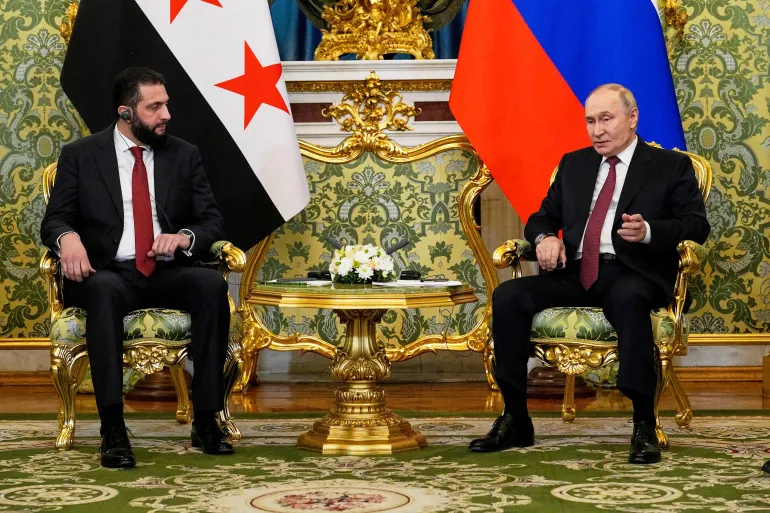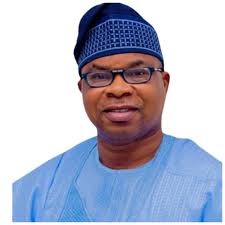Nigeria, Other African Countries Shut Clinics Over USAID Funding Cuts
The healthcare systems of several African nations, including Nigeria, have suffered a severe setback as numerous clinics have been forced to close due to funding reductions from the United States Agency for International Development (USAID). This agency, a key player in global health efforts, has decreased its funding for various health initiatives in Africa, attributing the cuts to budget constraints and changes in priorities.
USAID has historically partnered in the global battle against diseases such as HIV/AIDS, tuberculosis, and malaria, providing substantial financial support for the establishment and operation of clinics, training healthcare workers, and acquiring essential medicines and equipment across Africa. However, recent budget reductions have compelled the agency to reassess its priorities and allocate its limited resources more strategically.
These funding cuts have disproportionately affected Nigeria and other African nations that significantly depend on USAID assistance to maintain their healthcare systems. Many clinics, which were sustained by USAID funding, have had to shut down, leaving countless individuals without crucial healthcare access. Additionally, these closures have led to job losses for healthcare workers employed by these clinics.
In Nigeria alone, more than 100 clinics have closed, impacting around 500,000 people who depended on these facilities for medical care. Such shutdowns have also interrupted national efforts to tackle diseases like HIV/AIDS, which is widespread in Nigeria, home to one of the largest HIV/AIDS epidemics globally, affecting over 1.9 million individuals.
The implications of these clinic closures are severe. Without healthcare access, many individuals may turn to unqualified practitioners or travel long distances to find care, leading to increased costs and time delays. This can result in late diagnoses and inadequate treatment, adversely affecting health outcomes. Additionally, the closures pose significant challenges for controlling infectious diseases such as HIV/AIDS, tuberculosis, and malaria, as reduced access to testing, treatment, and prevention services could accelerate the spread of these illnesses, jeopardizing recent progress in managing and eliminating them.
**Response from Governments and Health Organizations**
Governments, including Nigeria’s, have voiced their concerns and dissatisfaction regarding the funding cuts, urging USAID to reconsider its choice. Health organizations such as the World Health Organization (WHO) and the Joint United Nations Programme on HIV/AIDS (UNAIDS) have also condemned these funding reductions, highlighting their detrimental effect on global health efforts.
To alleviate the impact of these funding cuts, governments and health organizations are seeking alternative funding sources, including domestic revenue and support from other international donors. There is increasing acknowledgment of the necessity for African nations to take charge of their healthcare systems and to establish sustainable financing mechanisms to support health initiatives.
In the immediate term, efforts are underway to secure emergency funding to assist affected clinics and ensure the continuity of essential healthcare services. However, achieving a long-term solution will require a sustained commitment to investing in healthcare systems and recognizing the vital role of international partners like USAID in global health efforts.
The closure of clinics in Nigeria and other African countries due to USAID funding cuts represents a significant threat to their healthcare systems. The consequences of these closures will be extensive and devastating, affecting the management of infectious diseases and the health of thousands. It is crucial that governments, health organizations, and international partners collaborate to address this crisis and ensure the continuity and enhancement of essential healthcare services.







